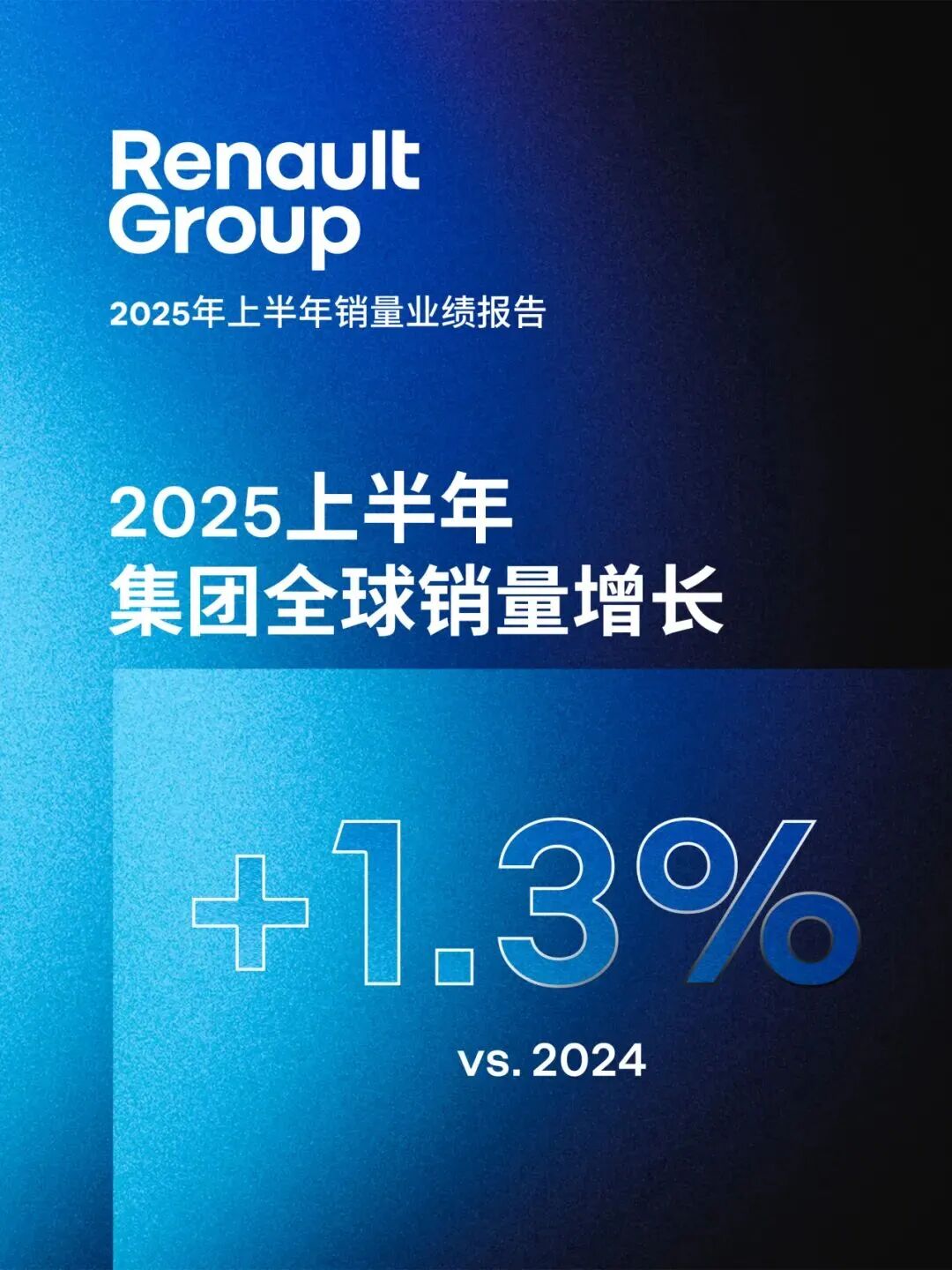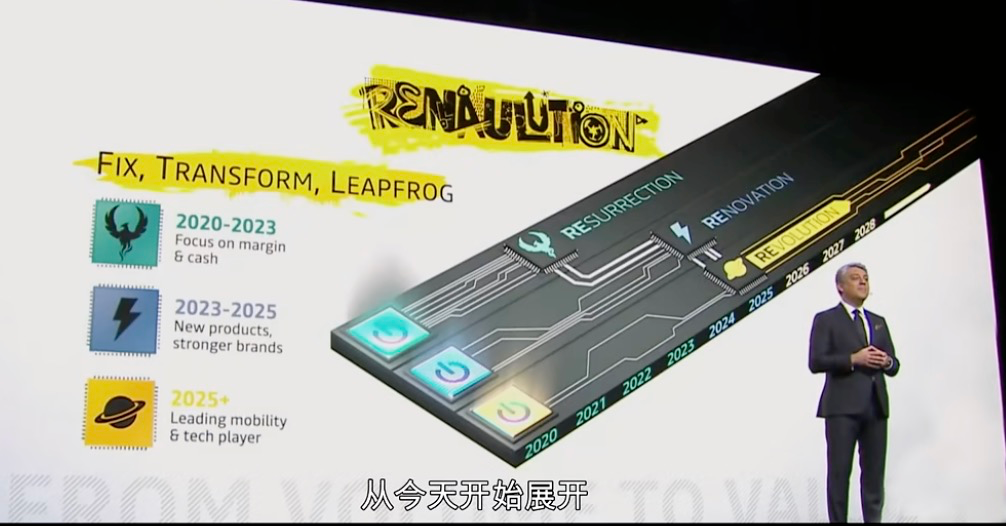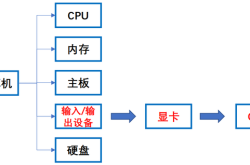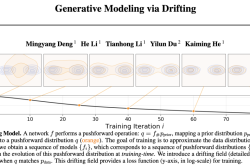"Voluntary Resignation": Renault Group Reportedly Set to Lay Off 3,000 Employees Following New CEO's Appointment
![]() 10/11 2025
10/11 2025
![]() 705
705
"Voluntary resignation"...
According to the French media outlet L'Informe, Renault Group has recently unveiled plans to lay off an additional 3,000 employees globally.
The primary departments affected include those in supportive functions such as marketing, finance, and human resources.
The final decision regarding these layoffs is anticipated by the end of this year.
This initiative, spearheaded by the newly appointed CEO François Provost, who assumed office in July this year, aims to slash salary expenses by 15% in an effort to "alleviate the burden on supportive departments."
The contemplation of such a large-scale layoff plan, merely a little over two months after Provost's appointment, underscores the escalating operational pressures confronting Renault.

Renault's layoff strategy is predominantly executed through voluntary resignations, impacting both its French headquarters and global subsidiaries.
With Renault currently employing approximately 100,000 individuals worldwide, this layoff will affect roughly 3% of its total workforce.
What drives Renault's eagerness to lay off employees?

The financial report released at the end of July revealed that in the first half of this year, Renault Group's revenue stood at 27.6 billion euros, marking a 2.5% year-on-year increase. However, the operating profit margin dipped from 8.1% in the same period last year to 6%, and the net loss amounted to 11.143 billion euros, with a staggering 9.3 billion euros loss attributed solely to the impairment of equity investment in Nissan.
Furthermore, even excluding the impact of Nissan's equity write-down, Renault Group's net profit for the first half of the year was a mere 461 million euros, less than one-third of the figure recorded in the same period last year (1.469 billion euros).
Beyond the financial crisis, what deeper reasons lie beneath?

Factors such as sluggish market demand in Europe, intensifying competition from Chinese brands, and escalating trade tensions represent significant hurdles that Renault struggles to overcome in its development.
Concurrently, there are also escalating research and development as well as production costs for electric vehicles, coupled with stagnant demand for commercial vehicles.
Mayo once endeavored to propel the listing of electric vehicle and software subsidiary Ampere, but failed, further exacerbating Renault's financial strain.
In the face of these challenges, Renault's former CEO Mayo proposed a company transformation plan to the board of directors shortly before his departure.
Now, the onus of advancing this plan rests on Provost's shoulders.

Renault's layoff plan is not an isolated incident but rather a reflection of the widespread difficulties encountered by traditional automakers during their transition to electrification.
Traditional automakers such as Volkswagen Group, Stellantis, and Ford are also grappling with similar challenges, caught between the "money-burning" pressure of electrification transition and the anxiety of technological catch-up on one hand, and the declining profits brought about by the shrinking fuel vehicle market on the other. Coupled with the cost increases triggered by global supply chain fluctuations and geopolitical conflicts, these factors pose unprecedented challenges for traditional automakers.
Perhaps, these traditional automakers will resort to even more drastic measures in the future, with layoffs merely being the tip of the iceberg...








